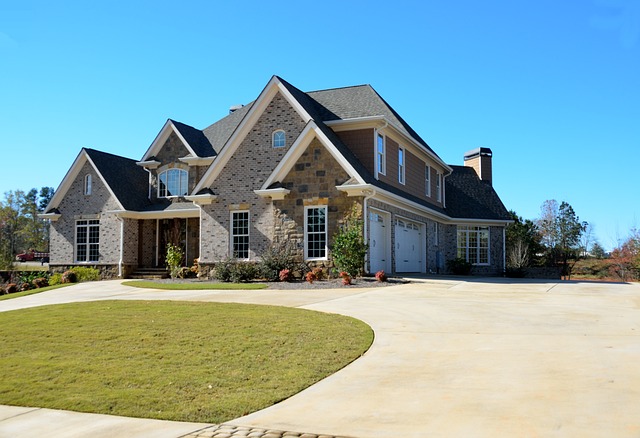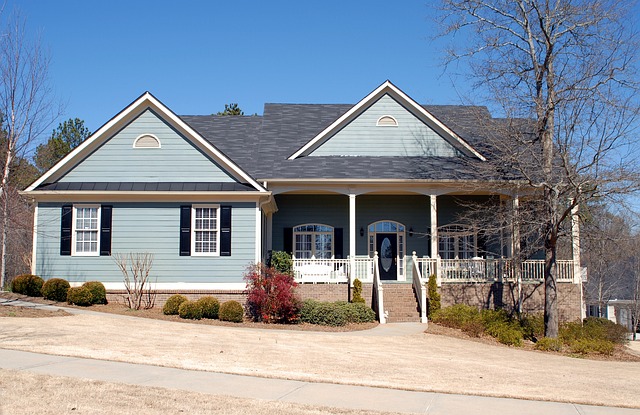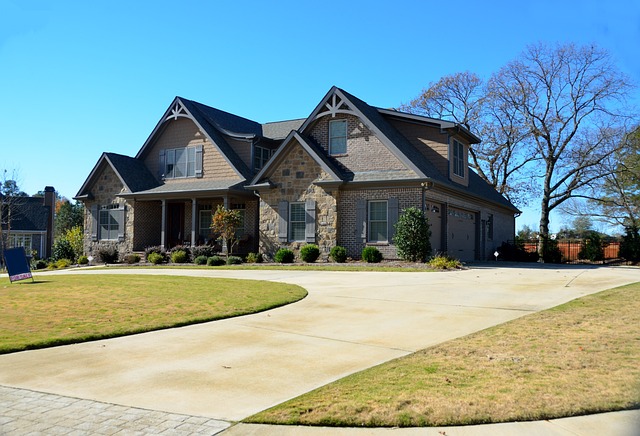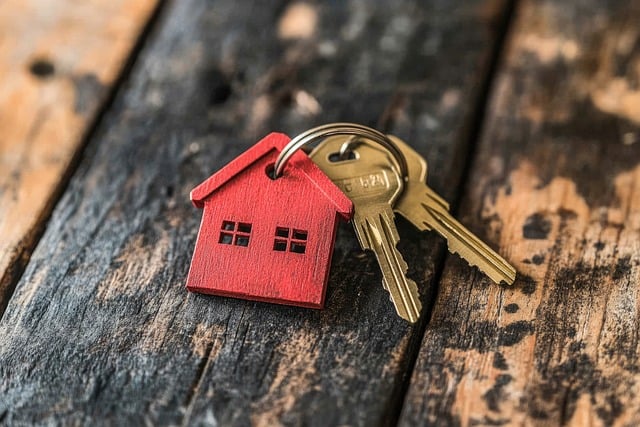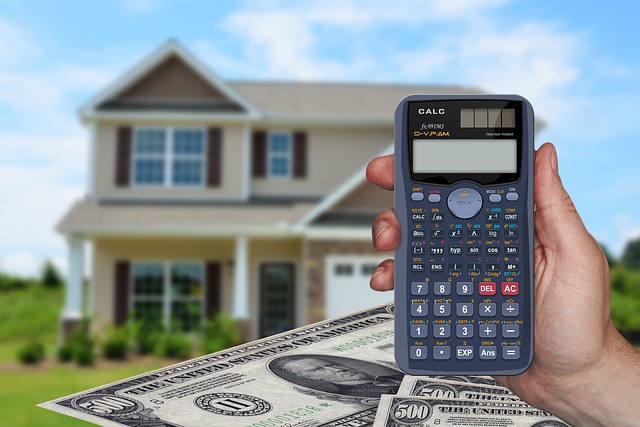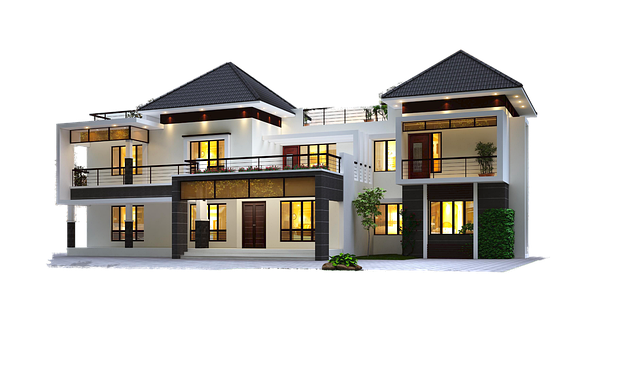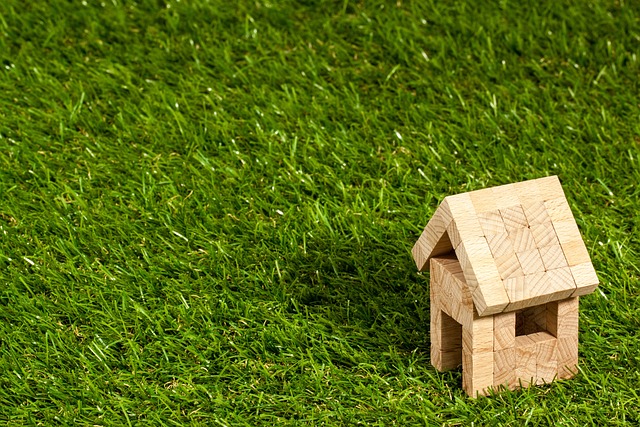The introduction of ABSD Singapore 2nd Property has radically changed the city-state's real estate market, targeting foreign investors and second homeowners with additional duties. This policy aims to cool prices, promote homeownership, and encourage long…….
Category: Absd Singapore 2nd Property
Introduction
In the dynamic realm of real estate, the concept of acquiring a second property in Singapore has emerged as a topic of significant interest. This article delves into the multifaceted aspects of owning a second property within this Southeast Asian powerhouse, known colloquially as “absd-singapore-2nd-property”. We will explore its historical context, economic implications, and the global impact it has, as well as the technological advancements that are reshaping this sector. Furthermore, we will examine the policy frameworks that govern this market, address the challenges it faces, and conclude with a projection of its future prospects. By the end of this comprehensive guide, readers will have a clear understanding of the intricacies involved in owning a second property in Singapore, equipping them with the knowledge to navigate this complex landscape effectively.
Understanding absd-singapore-2nd-property
“Absd-singapore-2nd-property” refers to real estate properties in Singapore that individuals or entities may own beyond their first residential or investment property. This category includes a wide range of property types such as condominiums, landed houses, and commercial properties. The significance of a second property lies in its potential to diversify investment portfolios, cater to the needs of multigenerational families, and contribute to Singapore’s vibrant real estate market.
Historically, Singapore’s property market has been characterized by robust growth, making it an attractive investment destination. The government has implemented policies aimed at balancing price stability with encouraging home ownership. These measures have shaped the current landscape of property investment in Singapore, with a second property often seen as a strategic move for both financial gain and personal use.
Global Impact and Trends
The influence of Singapore’s second property market extends beyond its shores, impacting global real estate trends and investor behavior. International investors are drawn to the stability and transparency of the Singaporean market, which often serves as a gateway to further investments in Asia. Key trends shaping this market include the increasing demand for high-end residences, the rise of smart homes equipped with cutting-edge technology, and a shift towards sustainable living practices.
Regions such as North America, Europe, and parts of Asia are particularly affected by the ripples emanating from Singapore’s real estate market. Investors from these areas often look to Singapore for its strategic location, political stability, and strong legal framework, which in turn influences investment patterns in their home countries.
Economic Considerations
The economic aspects of owning a second property in Singapore are multifaceted. Market dynamics reveal a tight supply of land coupled with a growing population, driving up property prices and making real estate a lucrative investment. Investment patterns show that foreign ownership is limited but has been increasing due to the relaxation of certain policies. This influx of capital has positive effects on economic growth, contributing to job creation and the overall health of the market.
Owning a second property can also serve as a hedge against inflation, offering a tangible asset whose value often appreciates over time. Moreover, rental yields from such properties can provide a steady source of passive income for investors. The role of “absd-singapore-2nd-property” in economic systems is thus both significant and multifaceted, influencing various sectors from construction to finance.
Technological Advancements
Technology has revolutionized the real estate industry, and Singapore’s second property market is no exception. The integration of virtual reality tours, blockchain for secure transactions, and artificial intelligence for predictive analytics have become commonplace. These advancements not only enhance the buyer’s experience but also streamline operations for real estate professionals.
Looking to the future, technologies such as the Internet of Things (IoT) are expected to further transform properties into smart homes, offering improved security, energy efficiency, and convenience. The adoption of these technologies will likely continue to shape the market, making “absd-singapore-2nd-property” a testament to innovation within the real estate sector.
Policy and Regulation
The policies and regulations governing Singapore’s second property market are designed to ensure sustainable development while protecting the interests of homeowners and investors. The government imposes Additional Buyer’s Stamp Duty (ABSD) on both Singaporean citizens and permanent residents purchasing a second property, as well as on foreigners purchasing any residential property. These measures aim to prevent speculative buying and maintain the affordability and availability of housing.
Legislative frameworks also address issues such as leasehold versus freehold ownership, and the rights of tenants and landlords. The regulatory environment is dynamic, with policies being reviewed and updated periodically in response to market conditions and social needs. These frameworks play a crucial role in shaping the development and trajectory of “absd-singapore-2nd-property”.
Challenges and Criticisms
The second property market in Singapore faces several challenges, including concerns over housing affordability, speculative bubbles, and the socioeconomic impact of luxury developments. Critics argue that the market is becoming increasingly exclusive, with high-value properties catering to the wealthy while marginalizing lower-income groups.
Moreover, environmental sustainability has become a pressing issue, with critics urging developers to adopt greener practices in line with global trends. The challenge for policymakers is to strike a balance between encouraging investment and ensuring that the market remains accessible and sustainable.
Future Prospects
The future of “absd-singapore-2nd-property” looks promising, with ongoing efforts to make the market more resilient and inclusive. The government’s commitment to sustainable development, coupled with technological advancements, positions Singapore as a leader in innovative real estate solutions.
Investment in infrastructure, such as new mass transit lines, is expected to continue driving demand for property. Additionally, demographic shifts, including an aging population and changing family dynamics, will influence the types of second properties that are in demand. As the market evolves, it will remain a key player in Singapore’s economy, offering opportunities for growth and development.
In conclusion, owning a second property in Singapore is a complex endeavor influenced by economic considerations, technological advancements, and policy regulations. The challenges faced by this market are significant but not insurmountable, with the potential for sustainable and responsible growth. As we look to the future, “absd-singapore-2nd-property” will undoubtedly continue to be a dynamic and integral part of Singapore’s real estate landscape, offering opportunities for investors and homeowners alike.
Unleash Savings: Navigating ABSD Singapore 2nd Property Deals
This guide provides a comprehensive overview of Additional Property Stamp Duty (ABSD) in Singapore, particularly for second properties. It emphasizes the market regulation role of ABSD and guides investors/owners through tax calculation, exemptions, and optimi…….
Navigating Legalities: A Comprehensive Guide to ABSD Singapore 2nd Property
The Additional Property Stamp Duty (ABSD) in Singapore for second properties is a key regulatory mechanism designed to manage the market and ensure fair competition, complementing regular stamp duty with rates varying by property type and value. Understanding…….
Future Trends Shaping ABSD Singapore 2nd Property Market
Singapore's second property market is a vibrant, growing sector driven by changing lifestyles, diverse population growth, and government initiatives for affordable housing. Mixed-use developments combining residential, commercial, and recreational spaces…….
Top Reasons to Invest in ABSD Singapore 2nd Property: Growth & Rental Yields
Singapore's booming real estate market, fueled by its strong economy and growing population, presents a lucrative opportunity for investors through platforms like Absd Singapore 2nd Property. The country's appealing location, high quality of life, an…….
Financing Strategies for Acquiring Your 2nd Property in Singapore (ABSD)
Foreigners seeking to invest in ABSD Singapore's second properties face regulatory challenges but also opportunities. To navigate this, they must meet stringent eligibility criteria for loans, including stable income, good credit, and significant down pay…….
Navigating Market Cycles for Successful 2nd Property Investment in ABSD Singapore
Market cycles significantly impact the ABSD Singapore 2nd Property market, dictating property values through economic highs and lows over several years. Recognizing these cycles allows investors to make informed decisions about buying, selling, or holding prop…….
Unleashing Profit Potential: Absd Singapore 2nd Property’s Attractive Investment Prospects
Singapore's dynamic real estate market, driven by economic strength and its status as a regional business center, attracts global investors. Platforms like Absd Singapore 2nd Property facilitate investment in this thriving sector, offering tax benefits an…….
Maximizing Profit with ABSD Singapore 2nd Property Strategies
The ABSD Singapore 2nd Property scheme offers investors tax benefits and access to Singapore's thriving market for secondary properties. By understanding this policy, investors can diversify portfolios, expand living spaces, or invest in commercial proper…….
Analyzing Market Trends for Absd Singapore 2nd Properties
The Singapore second property market, heavily influenced by economic factors and government policies like the Additional Property Tax (ABSD), requires investors to strategically navigate tax implications, historical price trends, and government initiatives. De…….
